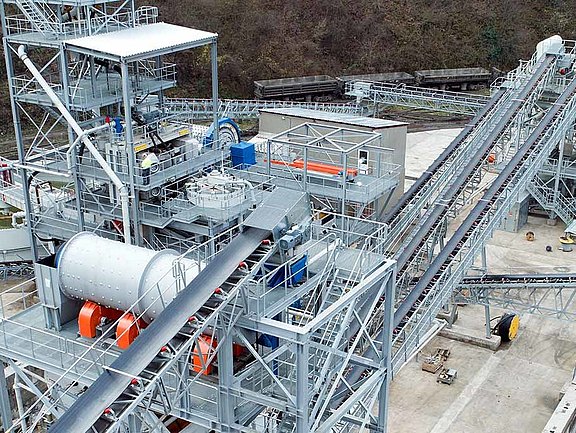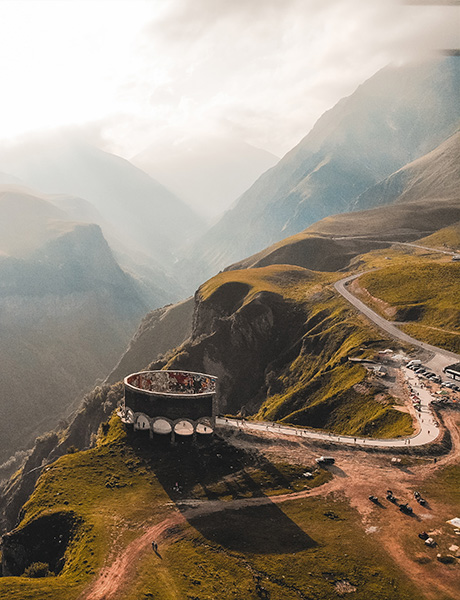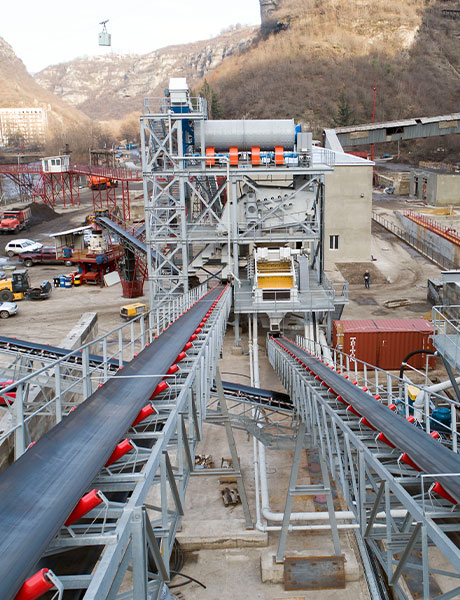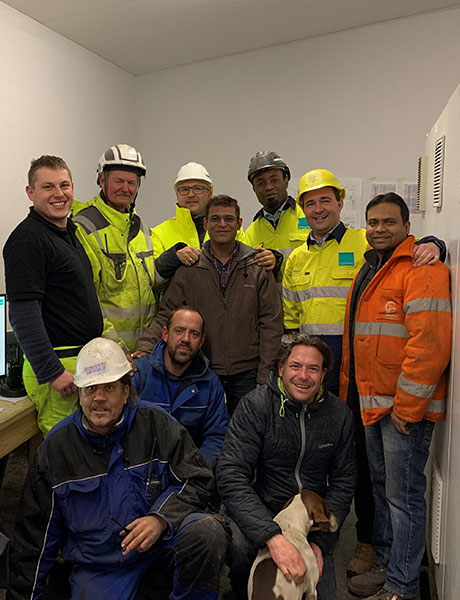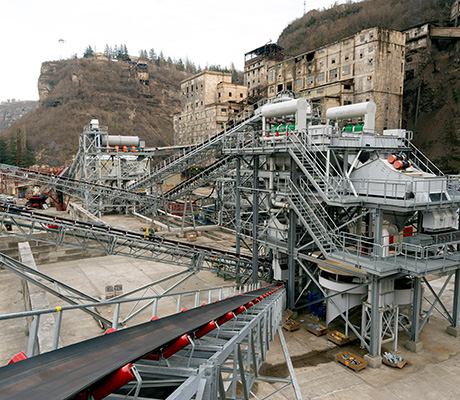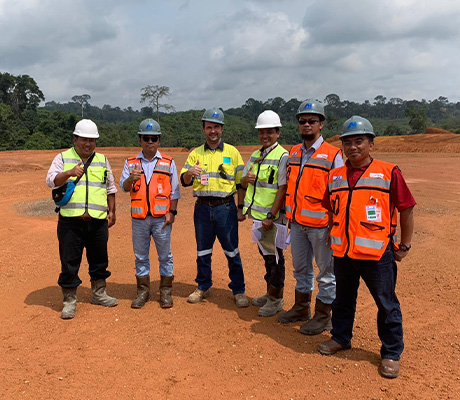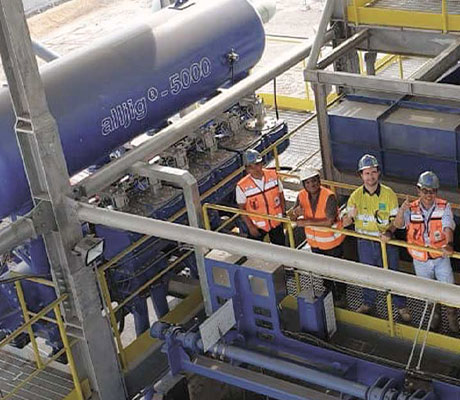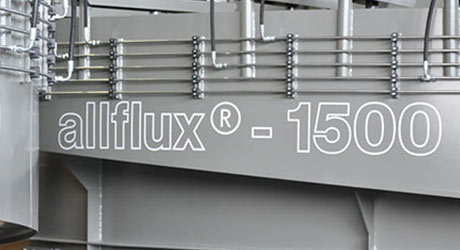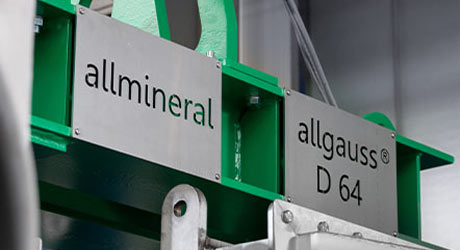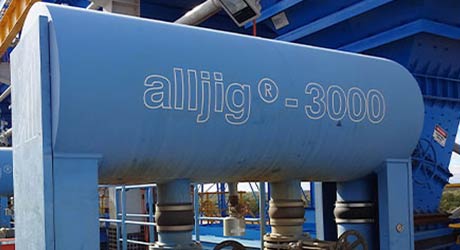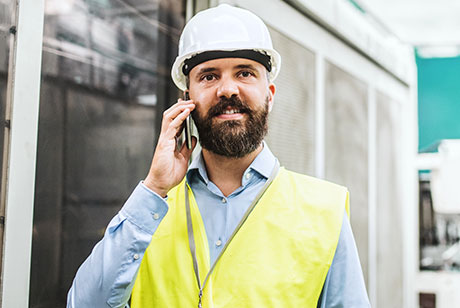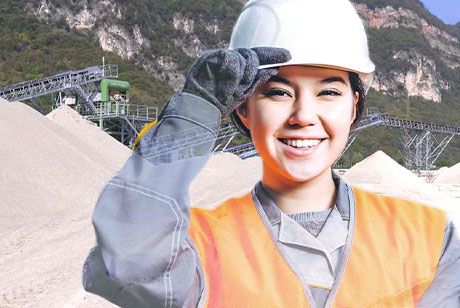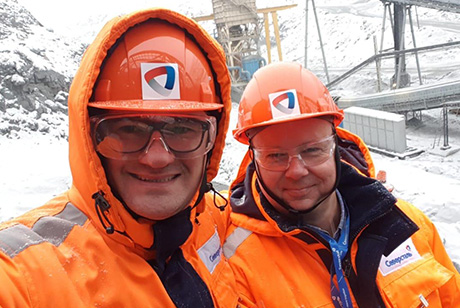Boosting manganese ore recovery while limiting the environmental impact, allmineral plants and machines are used for the purpose of ore processing from discharge. At 30 installations across the globe, ores featuring a low metal content are concentrated for use in metal smelting via density sorting procedures. Our manganese ore processing plant in Georgia has helped deliver sustained success for our customer, both economically and ecologically. With a material yield of up to 68% at a manganese quality of over 40 Mn wt.% and a processing volume of 200 tons per hour, plant sustainability is a key priority.
While the ores are processed by alljig® jigs in the majority of applications, the allflux® sorter provides an efficient alternative for enriching pre-concentrates in the fine-grain range. One typical application is the processing of waste material material from existing mining facilities in Georgia: allmineral catered to this need by delivering a complete processing plant for subsequent processing in the smelting industry. Last but not least, the closed-loop slurry treatment system represents a sustainable boon for the Kura River, the local fishing industry and the ecology of the wider region.
More individual consulting
tailored to your needs.
Get in touch and talk to our experts.
We’re happy to help: contact us here.
